Optimal Timing for Livestock Fence Painting
Determining the optimal time for livestock fence paintings involves considering weather conditions, livestock activity, and paint drying times. Proper timing ensures durability and safety for animals and maintenance staff.
Spring and early fall are typically optimal due to moderate temperatures and lower humidity, which facilitate proper paint adhesion and drying.
Rain, high humidity, and extreme temperatures can compromise paint quality. Painting during dry, mild weather prevents issues like peeling or uneven drying.
Late morning to early afternoon offers the best window, avoiding early morning dew and evening dew, which can affect paint curing.
Painting during periods of low livestock activity minimizes stress and disturbance, typically mid-morning or late afternoon.
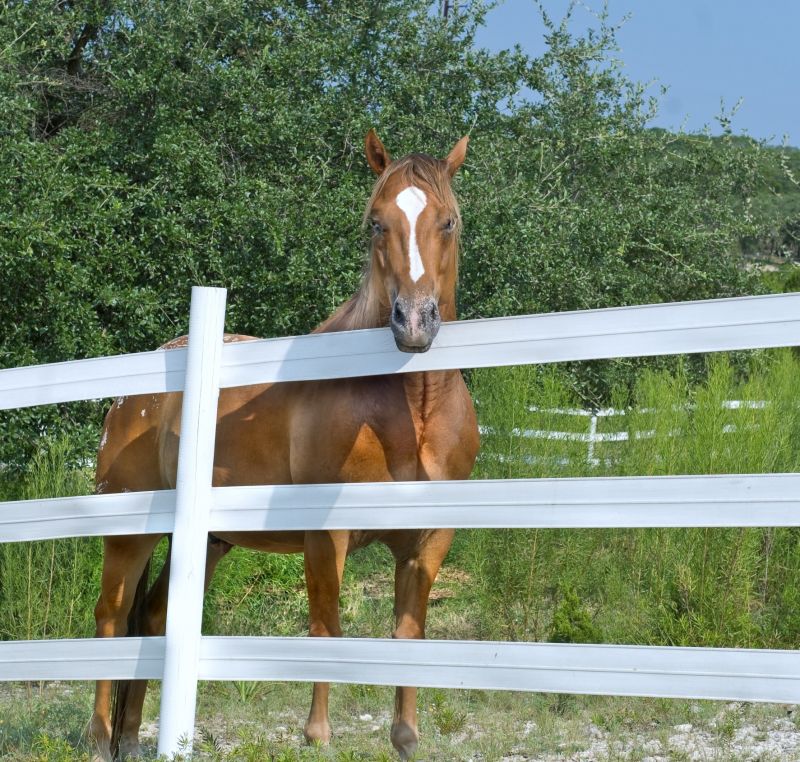
Ways to make Livestock Fence Paintings work in tight or awkward layouts.
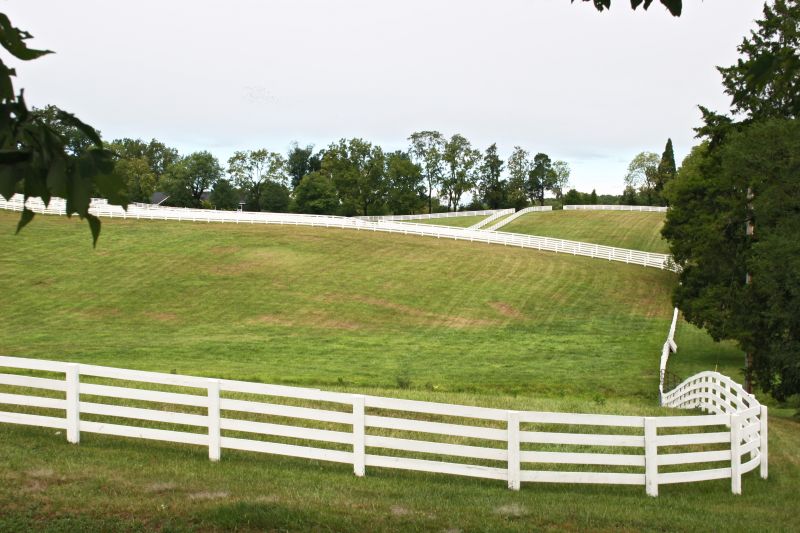
Popular materials for Livestock Fence Paintings and why they hold up over time.
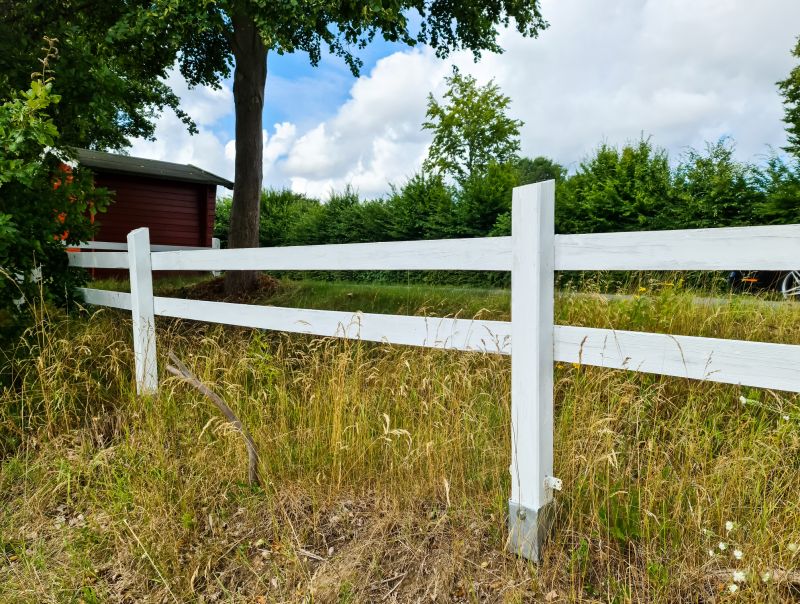
Simple add-ons that improve Livestock Fence Paintings without blowing the budget.
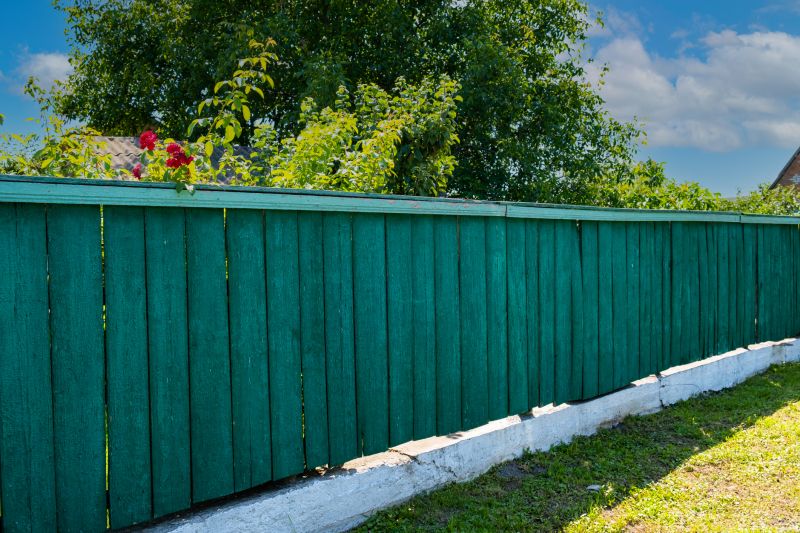
High-end options that actually feel worth it for Livestock Fence Paintings.
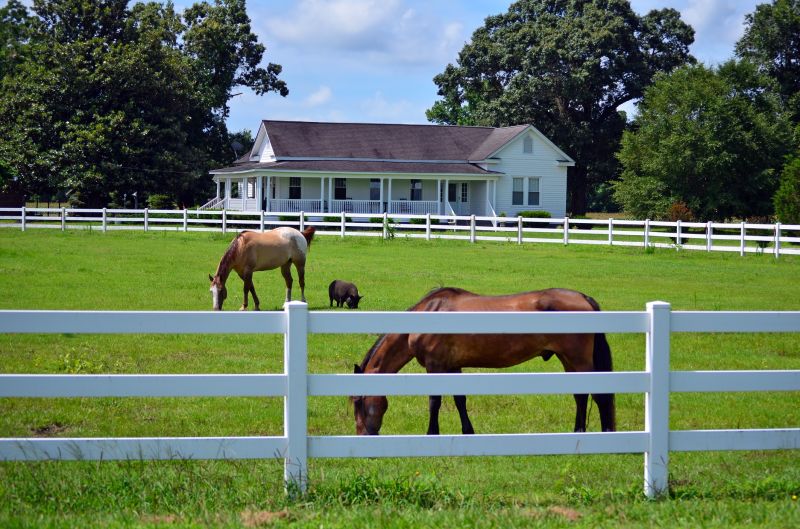
Finishes and colors that play nicely with Livestock Fence Paintings.
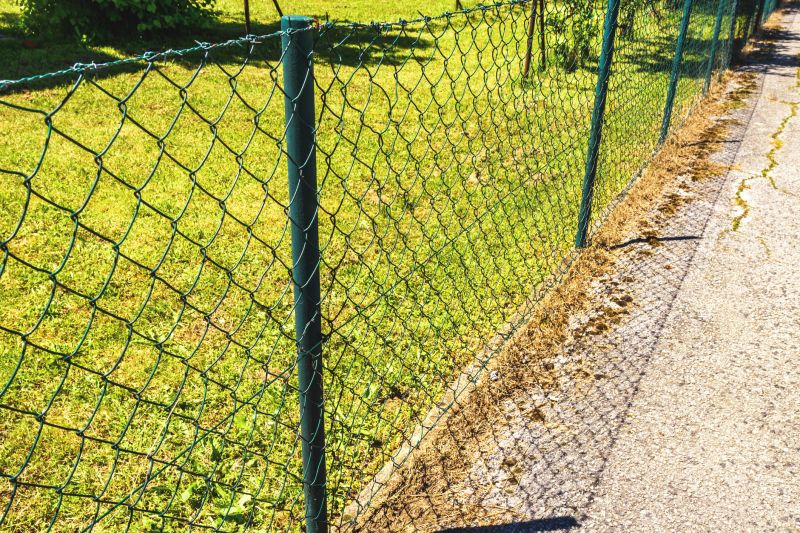
Little measurements that prevent headaches on Livestock Fence Paintings day.
| Factor | Recommendation |
|---|---|
| Temperature | Between 50°F and 85°F for optimal drying |
| Humidity | Below 60% to prevent paint issues |
| Rain | Avoid painting during or immediately before rain |
| Time of Day | Late morning to early afternoon |
| Livestock Activity | Schedule during low activity periods |
Statistics indicate that fences painted during optimal weather conditions tend to last longer and require fewer touch-ups. Regular maintenance and timely repainting contribute to cost savings and improved safety for livestock. The choice of paint type and application method also influence the durability and appearance of the finished fence.
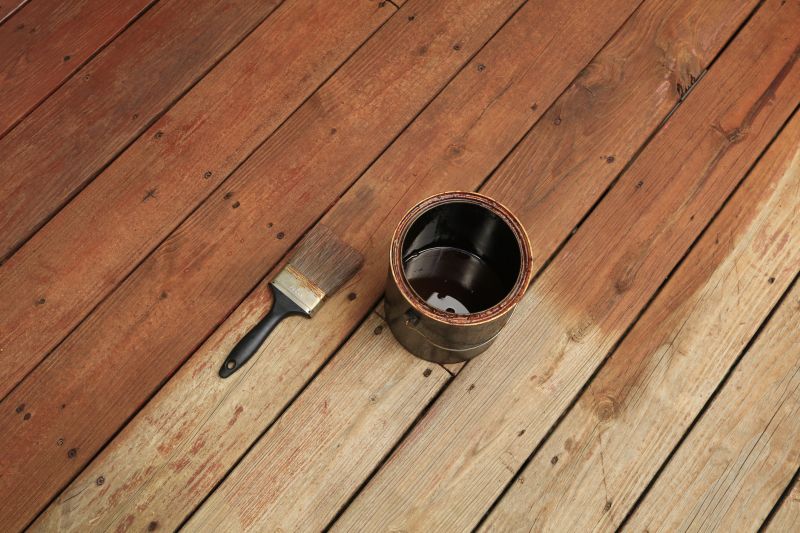
A 60-second routine that keeps Livestock Fence Paintings looking new.
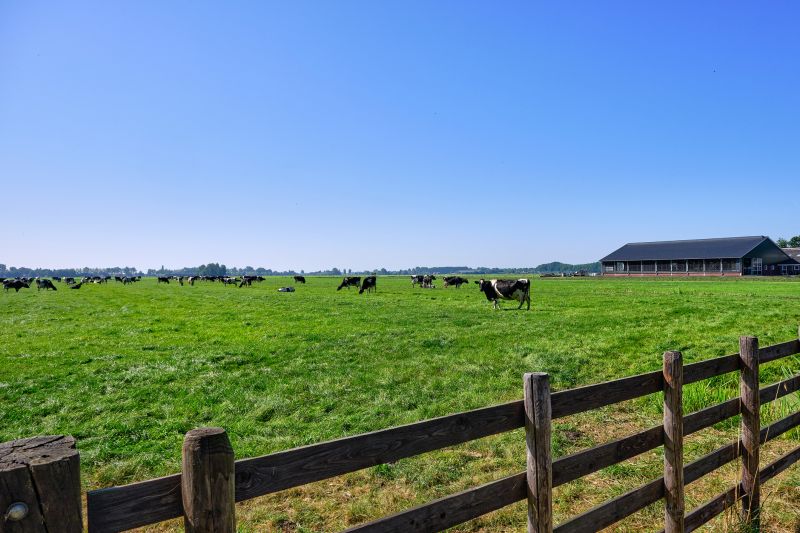
A frequent mistake in Livestock Fence Paintings and how to dodge it.
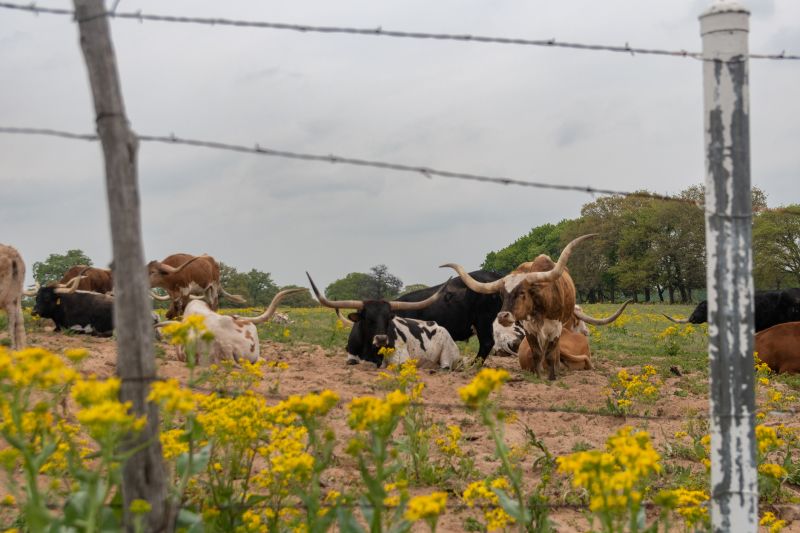
Small tweaks to make Livestock Fence Paintings safer and easier to use.
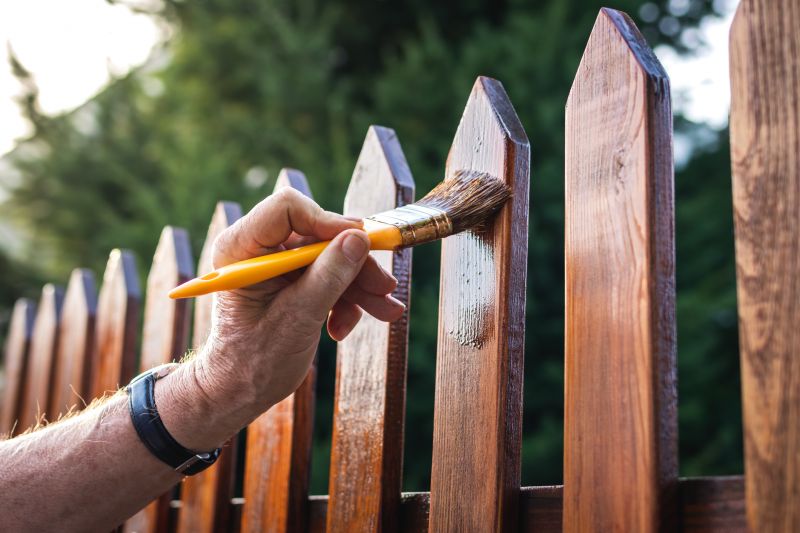
Lower-waste or water-saving choices for Livestock Fence Paintings.
Individuals interested in livestock fence paintings are encouraged to contact for more information. Proper timing and preparation are key to achieving the best results and ensuring long-lasting, visually appealing fences.



